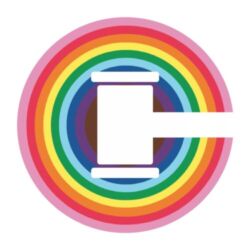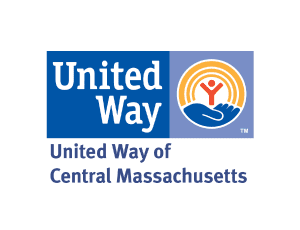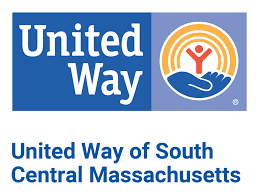
June 22, 2023
Massachusetts is LGBTQ+-friendly. Here’s why it should do more (Commentary)
BY MassLive
I left Florida in May 2022, at the height of the rental crisis and the beginning of the state’s legislative attacks on the LGBTQ+ community. Since then, several laws have been passed severely limiting community resources and life-saving medical support.
These laws also criminalize the day-to-day activities of LGBTQ+ folks such as using the bathroom that matches their gender identity and letting trans and nonbinary children dress in gender-affirming clothing. Florida medical professionals are now allowed to deny a patient care based on their religious, moral, or ethical beliefs with no consequences.
These bills may lead to reduced mental health and even increased mortality due to lower standards of care and higher suicide rates. They may also contribute to increased relocation of LGBTQ+ communities to “safer” states, like Massachusetts.
I was thrilled when Massachusetts elected its first openly lesbian governor, thinking it was a win for my community.
But while Massachusetts has long been a (relatively) safe place for LGBTQ+ individuals, we can’t ignore the trends impacting our friends and neighbors across the country. When I first arrived in western Massachusetts, I was denied an apartment for reasons that I believe were related to my sexual orientation (shortly thereafter I ended up buying a house without a problem).
Three months later, a colleague had a similar experience in another town nearby.
There is still work to be done here, and many community organizations are leading the way. I work at Community Legal Aid, a nonprofit in Western and Central Massachusetts providing free civil (non-criminal) legal services to the elderly and those living in low-income households.
Community Legal Aid provides fair housing advocacy for those who have been discriminated against on the basis of race, sex (including gender identity and sexual orientation), ethnicity, religion and other categories that are protected under anti-discrimination laws.
We help families address issues with their children’s education, including disproportionate discipline affecting children of color and bullying or other challenges that uniquely impact LGBTQ+ children.
We also have several medical-legal partnerships, which help medical providers identify and refer individuals with health-harming legal issues. Our staff are part of the communities they serve – people who understand how toxic, systemic stress impacts our health and how nonjudgmental, affirming medical care saves lives.
This kind of programming must be solidified as conditions worsen across the nation.
With LGBTQ+ individuals fleeing Florida and surrounding areas, these programs will face higher demand, requiring additional resources and continued community support. We must advocate for continued funding, as these programs grow to provide support not only for those who have lived in Massachusetts for years, but also for people seeking safety from the oppressive conditions in other states.
As I made plans to attend Pride events locally, Florida Pride festivals were being canceled for fear of what the state’s new laws might mean for performers, attendees and organizers.
Pride in my wonderful former city of St. Petersburg, however, was scheduled as normal.
Community has always been and will always be how we survive. I will never forget the first time I came out to a coworker, in a small office in the Florida Keys, where all my colleagues were openly LGBTQ+. The relief, freedom, and safety I felt in those moments helped alleviate the stress of a lifetime spent in hiding.
As my community’s basic freedoms and safeties continue to be challenged, I urge Massachusetts to work in the opposite direction – to build, support and welcome, with a critical eye on the infrastructure that keeps our most vulnerable residents safe and healthy.
Chelsea Catherine Wait is grant manager at Community Legal Aid in Springfield.















































